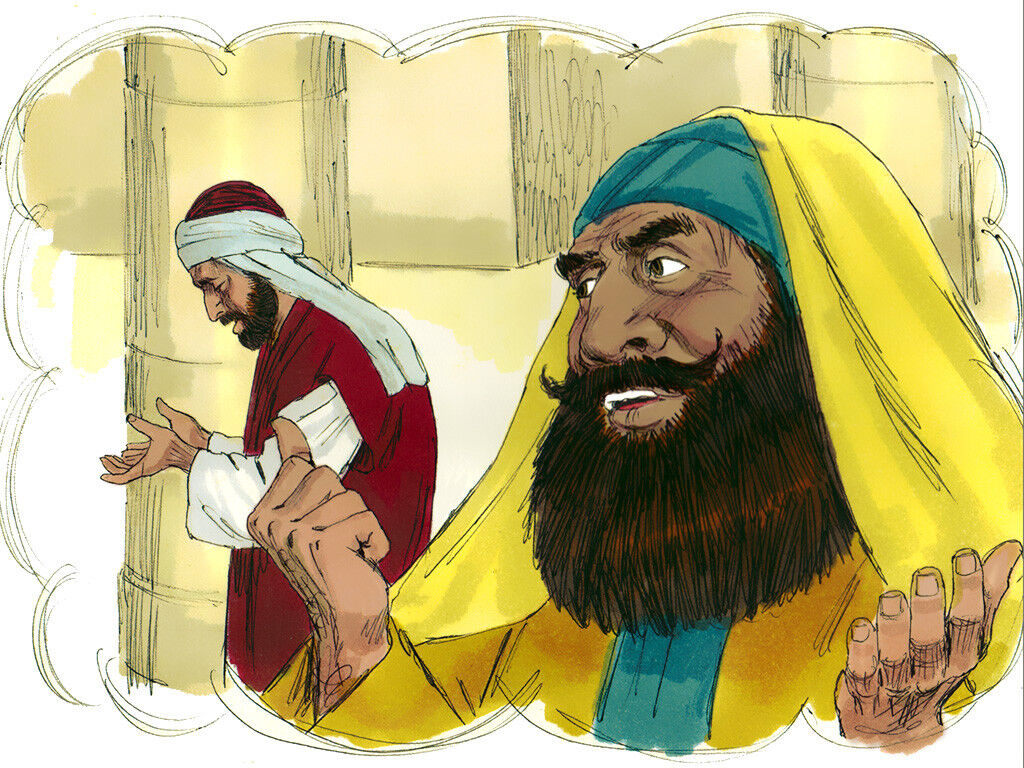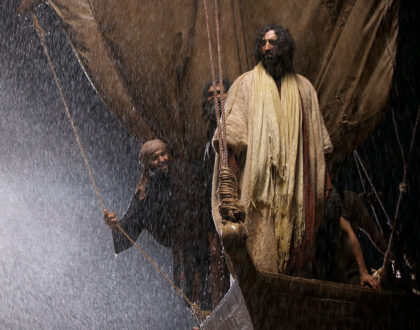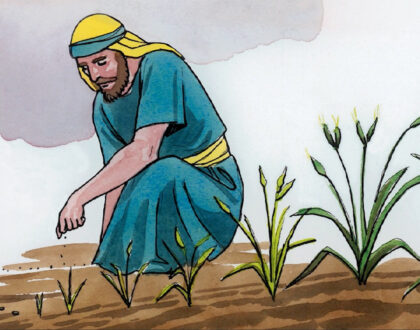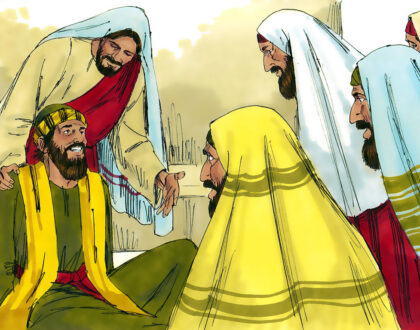The Necessity of Praying in Humility

20th Sunday of Ordinary Time:
Readings: Jeremiah 14:7-10, 19-22
2 Timothy 4:6-8, 16-18
Luke 18:9-14
Christ spends His last days teaching us His ways so that even when He’s gone, we would know how to live out His life. We have not fully simulated His life yet, to restore things back to God. He is waiting for us to act. Last Sunday, He taught us how to pray and not give up. When the Son of man comes, will He find faith on the earth? We see today that faith has become quite weak because we have adjusted to the world’s system. There is a religious group in America called the Quakers of Pennsylvania. To this day, they do not follow the modern system, and they are being attacked by the U.S. government because they build their own crops, grow their own trees, and they still use old gadgetry and adapt the old-fashioned ways. If we look at it deeply, shouldn’t we the Christians of today not be dependent on the systems of the world but rather, depend on God for sustenance and other things we need by using our faith? We need to pray for an increase of faith so that we may not be weak. And when trials come, we would know what to do if our faith is focused on God. We are being given lessons to build our faith. In today’s Gospel, it talks about Prayer but of a different degree. In the Old Testament Temple, the people set designated times to go to the temple to pray. Prayer was the center of their lives. Today, we are the Temple. We don’t have to go to a physical temple or go to Jerusalem to pray. We can lift up to God our prayers to Him anytime and anywhere. With this convenience now, do we really pray?
In Luke 18, we see two people going in the temple to pray. One is a Pharisee who goes right in the middle of the crowd. He is dressed in his best finery as he puts his hands up and prayed aloud for all to see. He cried out with a loud voice: “Lord, I’m glad I’m not like these people, not like the swindlers, adulterers and tax gatherers.” He was in actuality praying to himself because he wanted people to think how righteous he was by declaring how he was better than anyone else. This wasn’t a real prayer at all. He was expressing himself, giving praise and glory to himself. True prayer should be a prayer of thanksgiving to God and of who He is. The tax gatherer who was an employee and most likely a Jew was assigned to collect taxes from the people. He couldn’t even lift his eyes to heaven because he realized his sinful nature. For the Pharisee, not a word of real prayer was uttered. He was only boasting about himself. The tax gatherer on the other hand was humble and honest before God. And he recognized that he was a sinner. This was before the Cross. Today we should be thankful that Christ has already saved and redeemed us from sin. The Pharisee was belittling the tax gatherer. And Jesus said, “the Tax Gatherer went home more justified than the Pharisee.” Hebrews 11: 1-3 “Now faith is confidence in what we hope for and assurance about what we do not see.This is what the ancients were commended for. By faith we understand that the universe was formed at God’s command, so that what is seen was not made out of what was visible.” Faith deals with things that are not visible. We’ve got to put our confidence in God’s promises to bring them into existence. It is based on what is not seen yet and faith brings it to manifestation. Christ wants us to exercise our faith. We are pampered today with modern conveniences, so that faith is no longer a part of ourselves. We need to go back to faith and begin to believe in God for the answer. Coming to Him in humility as we pray to Him. When we raise our hands, it should be an act of surrender. We do this not to impress people but to trust God from our hearts and expect good things from Him. We are the Good News to the world. We are to pray without ceasing and with thanksgiving.
Recent Sermons

Jesus, Calmer Of Storms
June 23, 2024

Harvest Time Stemming From The Smallest Seed
June 17, 2024

Not Bound By Limitations To Minister
June 10, 2024

